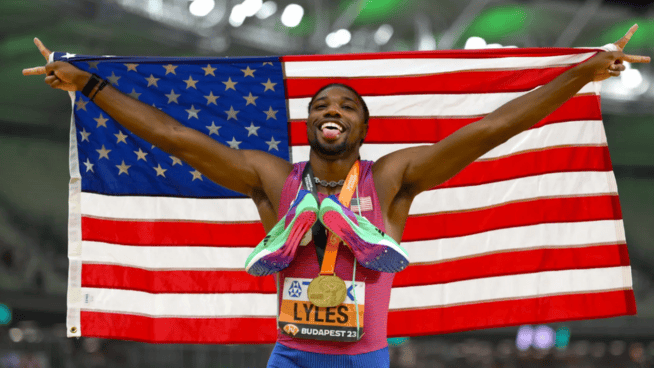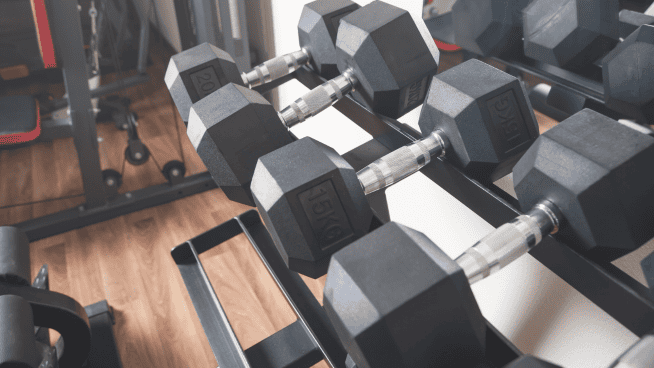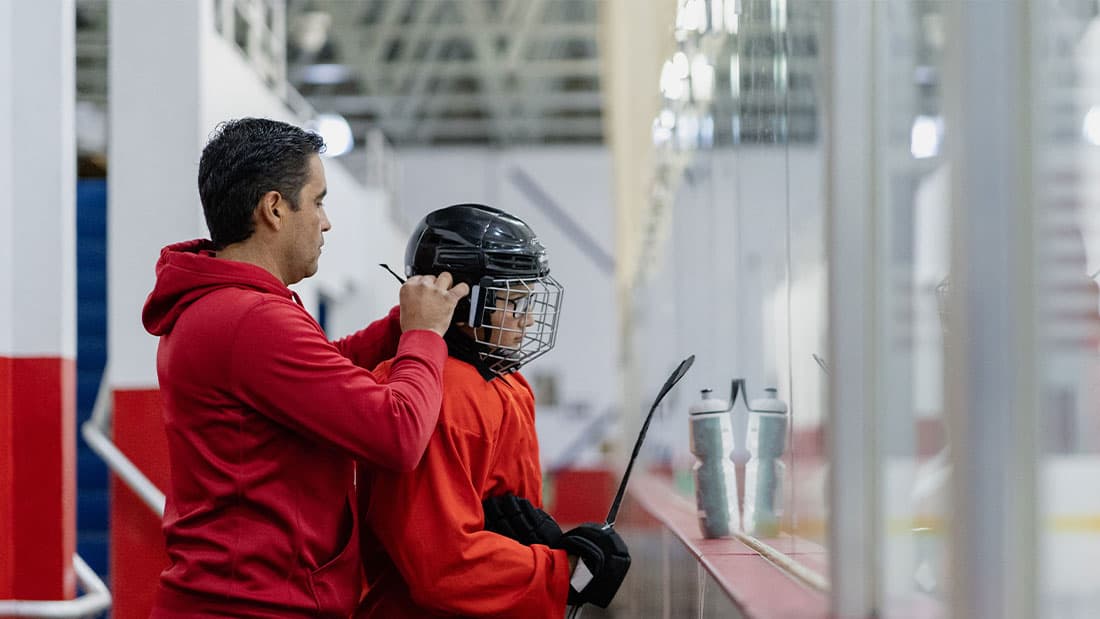As natural competitors, many athletes find it impossible to play their sport without experiencing intense emotion. Consequently, bad calls, dirty plays and poor performance can trigger feelings of anger. But when you allow yourself to get angry on the court or field, your performance will drop, because you will:
- Lose focus on the competition
- Shift attention to retaliation
- Start negative self-talk and self-criticism
- Let your form get sloppy
- Lose confidence
If you struggle with anger during competition, try one of these coping skills recommended by sport psychologists. You’ll not only have a much better experience on the field, you’ll actually learn to use your emotions to your advantage.
Hassle Log
Immediately after a game, write down situations that caused anger throughout. Include thoughts, emotions, reactions, consequences of your choices and a coach’s evaluation of your behavior. Also, use the hassle log to identify what you could have done differently. For example, if you got angry because you were beat to a ball and ended up committing a foul because of it, you may want to concentrate on running back on defense faster next time. By becoming more aware of your actions and emotions during a game, you’ll be able to plan better for the future.
Cue Words
Pick a word or phrase to focus on when you feel yourself getting angry. For example, a soccer player might say, “First to the ball,” to concentrate on gaining possession of the ball instead of running after an offending opponent. Use cue words in practice so they become second nature in competition. By learning to focus on your next action rather than mistakes, you’ll eliminate many of the dangerous effects of anger.
Affirmations
Develop positive self-statements to let go of anger and mistakes. Examples include, “I am a smart player,” “I’ve got a good attitude,” “I am calm, cool, and collected” or “I let go of mistakes and focus on the next play.”
Role Play
At practice or at home, rehearse appropriate responses to anger-provoking situations with a parent, teammate or coach. Although it may feel silly, research shows that role playing through positive responses can be an effective way to program the right response for competition.
Visualization
Use imagery to visualize yourself in situations that make you angry; then watch yourself successfully handle them. Be sure to visualize feeling relaxed and in control. Visualization is a great technique to try right before a game to get your mind in the right place.
Deep Breathing
Every time you start feeling angry, take three deep breaths to allow your emotions to simmer down. For a powerful combination, use this physical technique at the same time as you try one of the mental tricks outlined above.
Source: The Sport Psych Handbook by Shane Murphy
Photo: latimes.com
Jennifer Gapin is an assistant professor in sport and exercise psychology at Southern Illinois University. She received her Ph.D. in kinesiology with a specialization in sport and exercise psychology from the University of North Carolina, Greensboro; her master’s degree from the University of Illinois at Urbana-Champaign; and her undergraduate degree from Bryn Mawr College. Since 2005, she has provided sport psychology services to athletes, teams and coaches at all ages and levels of competition. She is a certified consultant through the Association for Applied Sport Psychology, and she currently provides supervision and mentoring to prospective sport and exercise psychology consultants.
RECOMMENDED FOR YOU
MOST POPULAR
As natural competitors, many athletes find it impossible to play their sport without experiencing intense emotion. Consequently, bad calls, dirty plays and poor performance can trigger feelings of anger. But when you allow yourself to get angry on the court or field, your performance will drop, because you will:
- Lose focus on the competition
- Shift attention to retaliation
- Start negative self-talk and self-criticism
- Let your form get sloppy
- Lose confidence
If you struggle with anger during competition, try one of these coping skills recommended by sport psychologists. You’ll not only have a much better experience on the field, you’ll actually learn to use your emotions to your advantage.
Hassle Log
Immediately after a game, write down situations that caused anger throughout. Include thoughts, emotions, reactions, consequences of your choices and a coach’s evaluation of your behavior. Also, use the hassle log to identify what you could have done differently. For example, if you got angry because you were beat to a ball and ended up committing a foul because of it, you may want to concentrate on running back on defense faster next time. By becoming more aware of your actions and emotions during a game, you’ll be able to plan better for the future.
Cue Words
Pick a word or phrase to focus on when you feel yourself getting angry. For example, a soccer player might say, “First to the ball,” to concentrate on gaining possession of the ball instead of running after an offending opponent. Use cue words in practice so they become second nature in competition. By learning to focus on your next action rather than mistakes, you’ll eliminate many of the dangerous effects of anger.
Affirmations
Develop positive self-statements to let go of anger and mistakes. Examples include, “I am a smart player,” “I’ve got a good attitude,” “I am calm, cool, and collected” or “I let go of mistakes and focus on the next play.”
Role Play
At practice or at home, rehearse appropriate responses to anger-provoking situations with a parent, teammate or coach. Although it may feel silly, research shows that role playing through positive responses can be an effective way to program the right response for competition.
Visualization
Use imagery to visualize yourself in situations that make you angry; then watch yourself successfully handle them. Be sure to visualize feeling relaxed and in control. Visualization is a great technique to try right before a game to get your mind in the right place.
Deep Breathing
Every time you start feeling angry, take three deep breaths to allow your emotions to simmer down. For a powerful combination, use this physical technique at the same time as you try one of the mental tricks outlined above.
Source: The Sport Psych Handbook by Shane Murphy
Photo: latimes.com
Jennifer Gapin is an assistant professor in sport and exercise psychology at Southern Illinois University. She received her Ph.D. in kinesiology with a specialization in sport and exercise psychology from the University of North Carolina, Greensboro; her master’s degree from the University of Illinois at Urbana-Champaign; and her undergraduate degree from Bryn Mawr College. Since 2005, she has provided sport psychology services to athletes, teams and coaches at all ages and levels of competition. She is a certified consultant through the Association for Applied Sport Psychology, and she currently provides supervision and mentoring to prospective sport and exercise psychology consultants.












